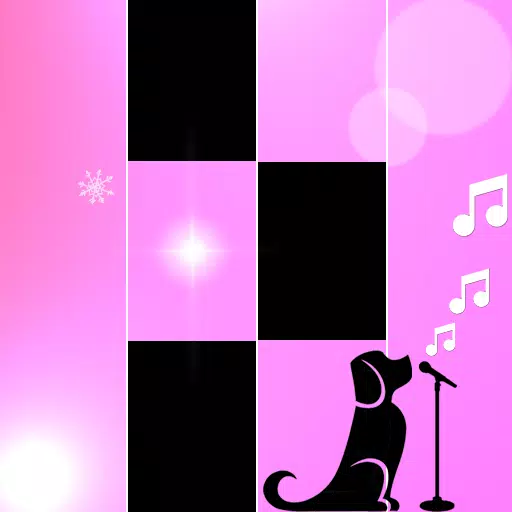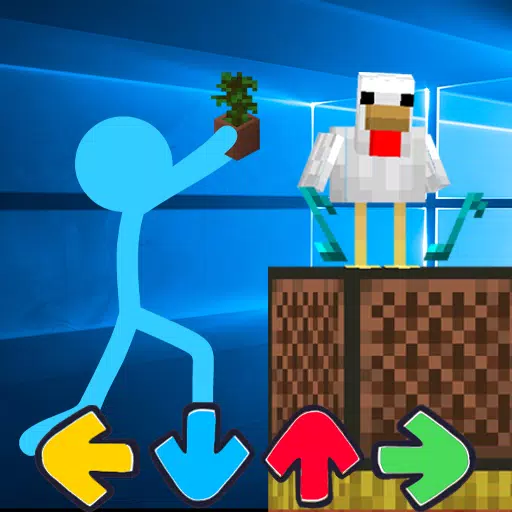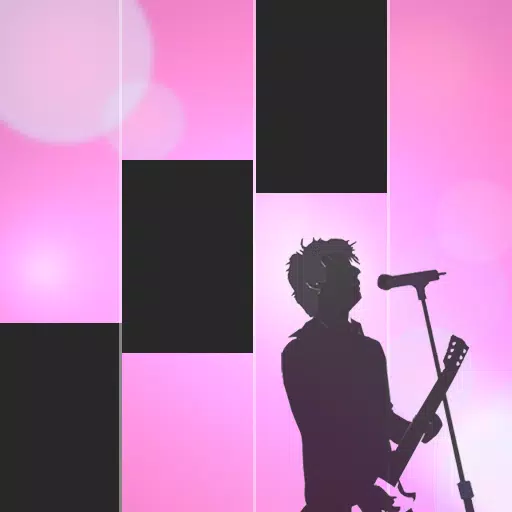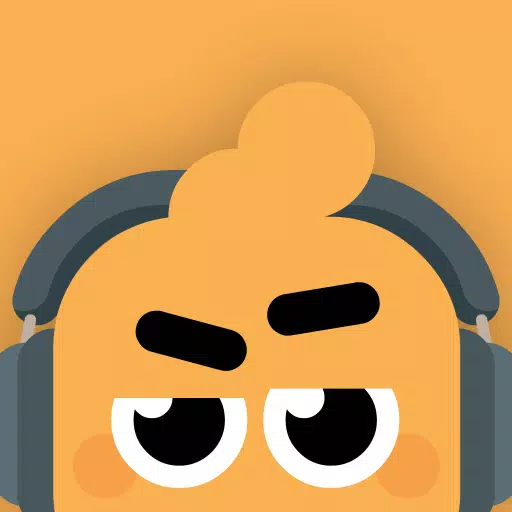Nintendo has long been known for its aggressive stance against emulators and piracy, and recent legal actions underscore this approach. In March 2024, the developers of the Nintendo Switch emulator Yuzu were ordered to pay $2.4 million in damages following a settlement with Nintendo. This came after the emulator facilitated the piracy of games, including the highly anticipated The Legend of Zelda: Tears of the Kingdom, which was pirated over a million times according to Nintendo's lawsuit. The Yuzu team's Patreon page, which reportedly earned them $30,000 monthly, was cited as a means of providing subscribers with unauthorized access to game updates and features.
The legal pressure continued into October 2024, when the developers of another Switch emulator, Ryujinx, announced they were ceasing development after receiving communication from Nintendo. Similarly, in 2023, the team behind Dolphin, an emulator for GameCube and Wii, was advised against releasing their software on Steam due to legal warnings from Nintendo, relayed through Valve's lawyers.
In a notable case from 2023, Gary Bowser, involved with Team Xecuter and the sale of devices that bypassed Nintendo Switch's anti-piracy measures, was charged with fraud. He was ordered to repay Nintendo $14.5 million, a debt that he will carry for life.
At the Tokyo eSports Festa 2025, Koji Nishiura, a patent attorney and Assistant Manager of Nintendo's Intellectual Property Division, shed light on the company's legal strategy against piracy and emulation. Speaking to Denfaminicogamer and reported by VGC, Nishiura clarified the legal nuances surrounding emulators. He noted that while emulators themselves are not inherently illegal, their use can become illegal if they copy game programs or disable console security mechanisms, potentially infringing on copyrights.
Nishiura referenced Japan's Unfair Competition Prevention Act (UCPA), which played a crucial role in a 2009 ruling against the Nintendo DS "R4" card. This device allowed users to run pirated games, leading to a successful legal action by Nintendo and 50 other software companies, effectively banning the R4 card in Japan.
Additionally, Nishiura highlighted the issue of "reach apps," such as the 3DS's "Freeshop" and the Switch's "Tinfoil," which enable the downloading of pirated software. These tools also fall under copyright infringement in Japanese law.
Nintendo's ongoing legal battles and the insights provided by Nishiura at the Tokyo eSports Festa illustrate the company's commitment to protecting its intellectual property and combating piracy and unauthorized emulation.
 Home
Home  Navigation
Navigation






 Latest Articles
Latest Articles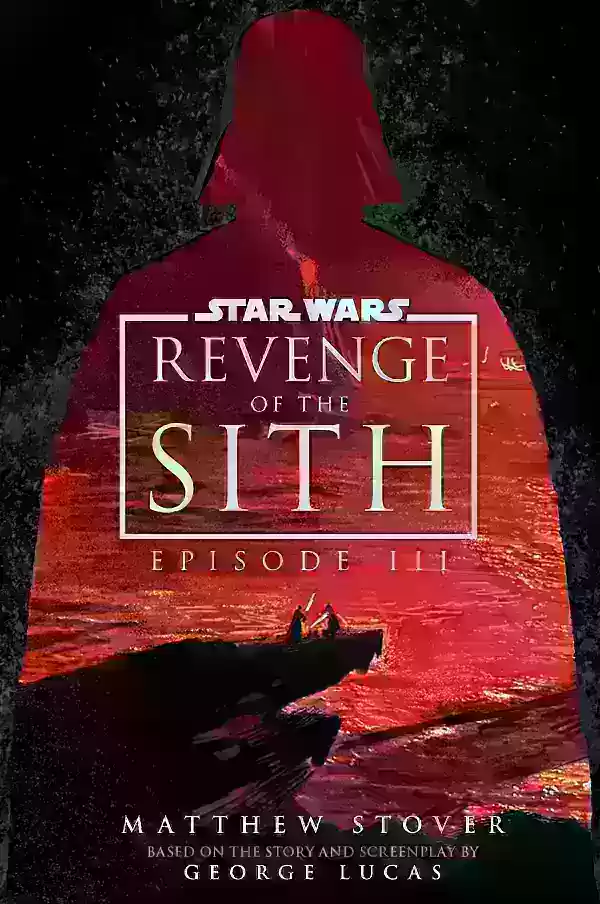
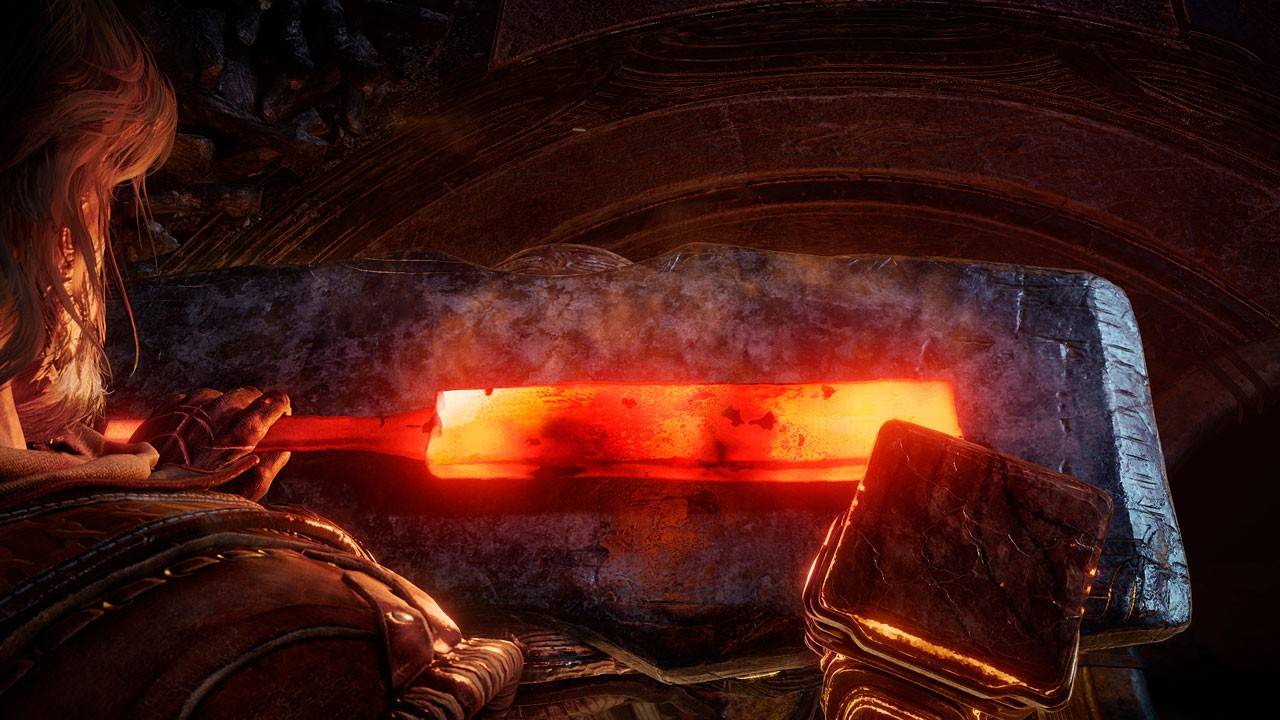
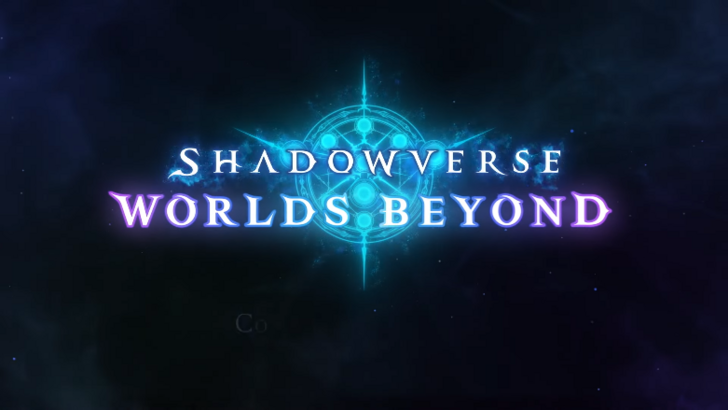
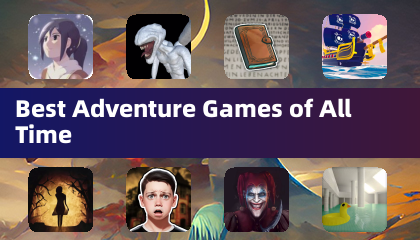


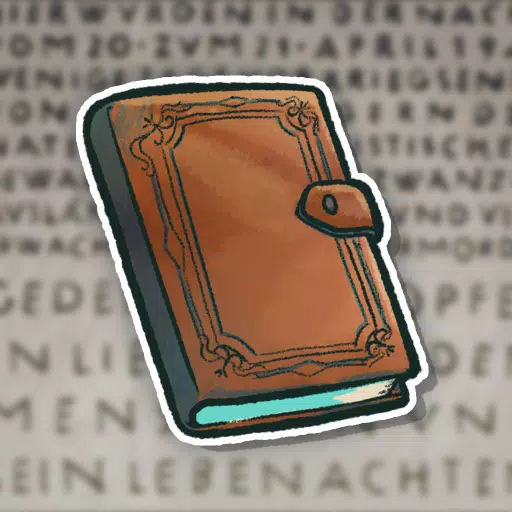
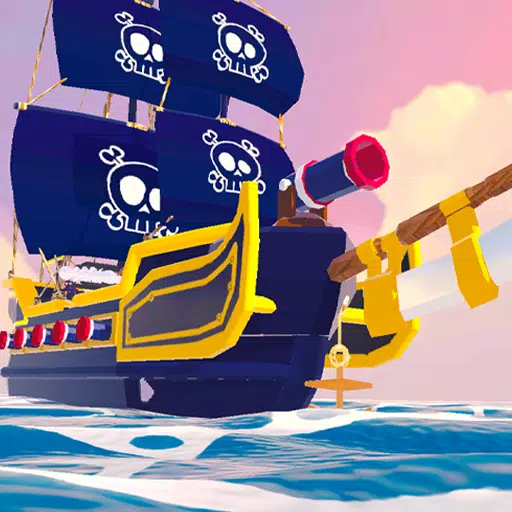



 Latest Games
Latest Games